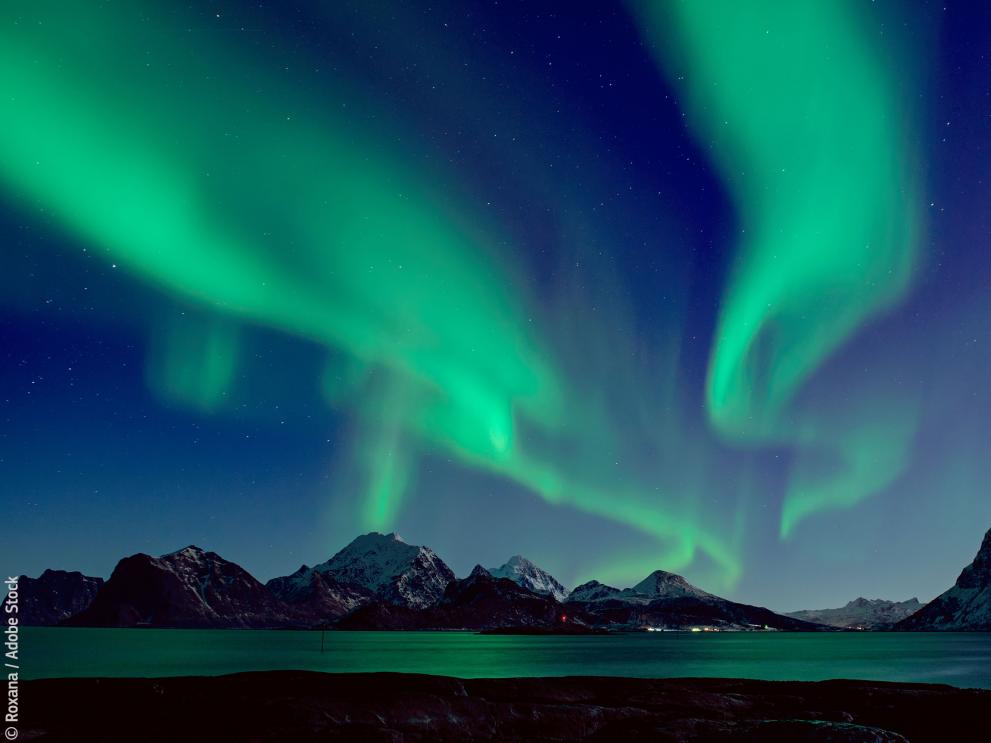
The Arctic is where climate change is most visible to the eye. The Arctic region is warming three times faster than the rest of the planet and changes happening there have a knock on effect on the whole planet. Arctic Indigenous Peoples and local communities are already experiencing these changes, which are affecting their traditional and local societies and culture as well as livelihoods. Meanwhile, new actors are appearing on the Arctic scene, creating both opportunities and challenges.
Amidst this rapidly evolving context, on 10-11 November the European Commission organised the EU Arctic Forum and Indigenous Peoples Dialogue, with the support of the European External Action Service (EEAS). Over two days, ministers, ambassadors, European and local policy makers, representatives of Indigenous Peoples, NGOs, scientists as well as university students discussed the situation in the Arctic and addressed the implementation of the EU’s recent Arctic Policy.
Opening the conference in Brussels, together with the High Representative/Vice President of the Commission Borrell, Commissioner Sinkevicius pointedly reminded that
no one can address the climate challenge on its own and we will all face its consequences. We must use this challenge as an opportunity to foster dialogue and cooperation.
Commissioner Sinkevicius’ statement set the tone for two days of interventions and engaging panel debates, where climate change and its disruptive impact remained a red thread. DG MARE’s Director General, Charlina Vitcheva emphasized that the “business as usual” model is no longer sustainable and the limits of our planet are not negotiable. The discussions highlighted the need to foster international cooperation, bridge remaining knowledge gaps, tackle safety and security challenges caused by rising temperatures and permafrost thaw as well as address the challenges of enhancing sustainable and inclusive development in the Arctic. In light of the urgent need to tackle climate change, representatives from Finland, Sweden, Denmark and France, as well as civil society, like the WWF, endorsed the Commission and EEAS’s call for oil, gas and coal to stay in the ground, including in the Arctic.
In the first panel of the EU Arctic Forum, Ms Larsson-Blind, the Vice President of the Saami Council reminded us
that engaging in the Arctic, must mean engagement with the people of the Arctic, especially Indigenous Peoples.
The question of the engagement of local and indigenous people was at the core of all the panels of the EU Arctic Forum and was the object of the Arctic Indigenous Peoples Dialogue on 11 November.
The Dialogue addressed the need for more inclusive policy and capacity building. An important part of the discussion focused on how to work with Indigenous People in the creation, determination and execution or research programmes. The Dialogue focused also on enhancing the participation of the youth in Arctic decision-making processes, fostering dialogue and collaboration among youth. In line with the discussions and to further the EU’s engagement with Arctic Indigenous youth, Commissioner Gabriel announced the creation of an Indigenous Youth Ambassador for the Arctic.
Details
- Publication date
- 11 November 2021
- Author
- Directorate-General for Maritime Affairs and Fisheries
